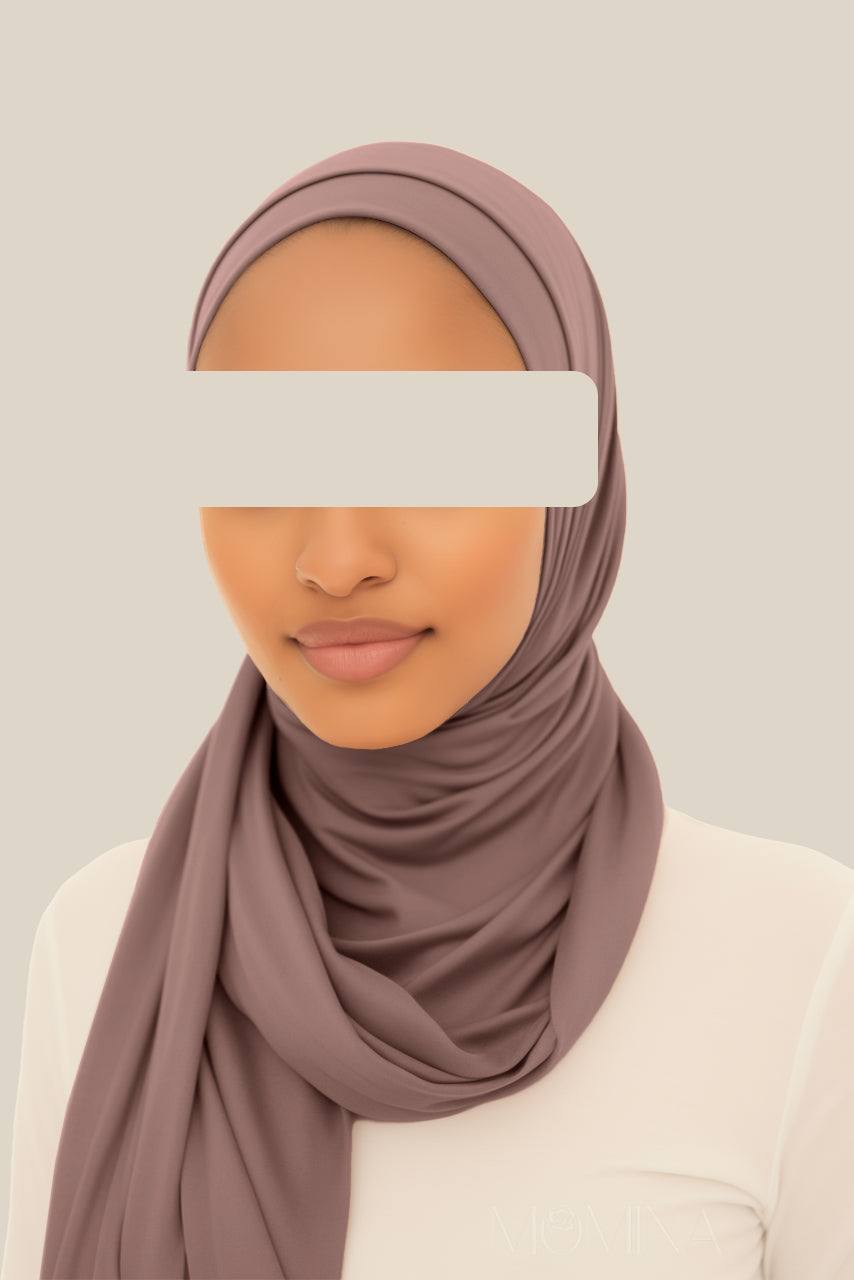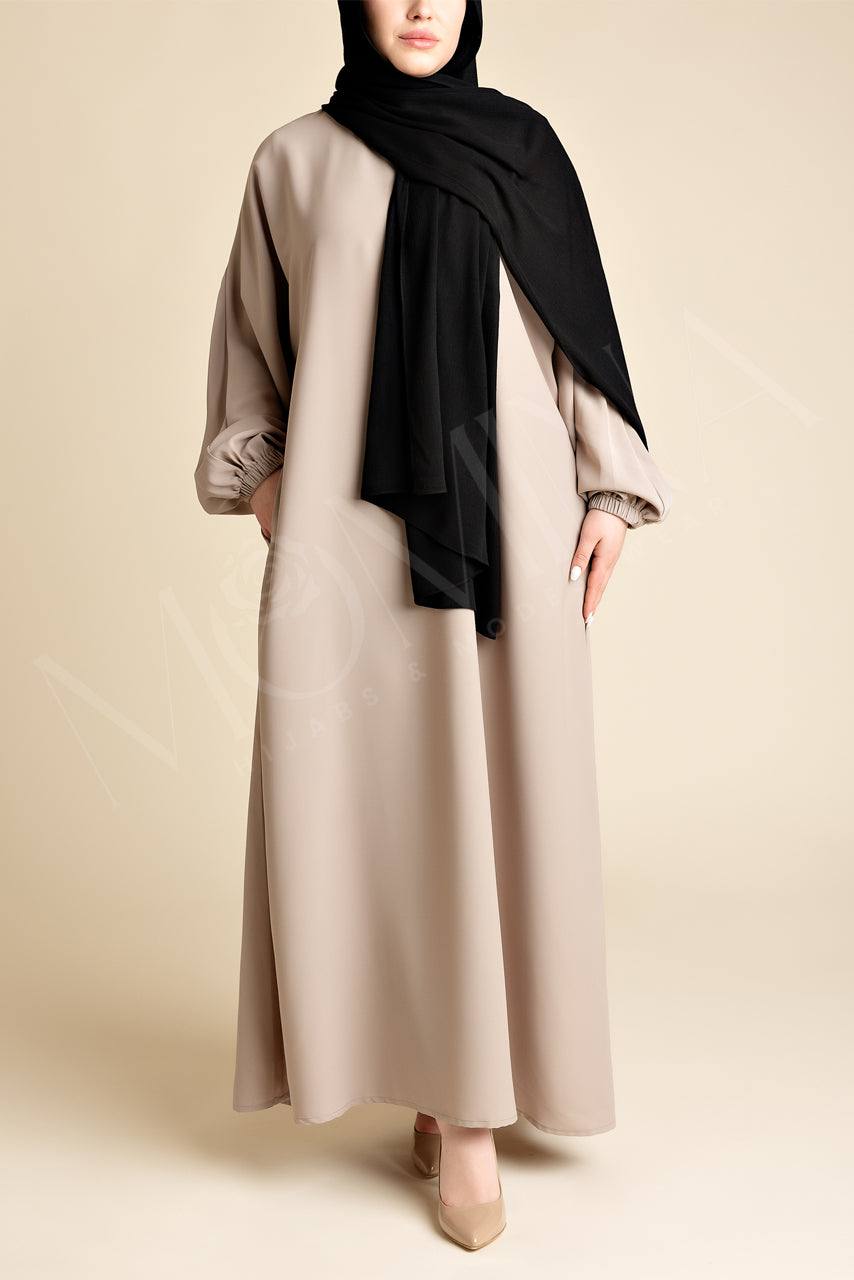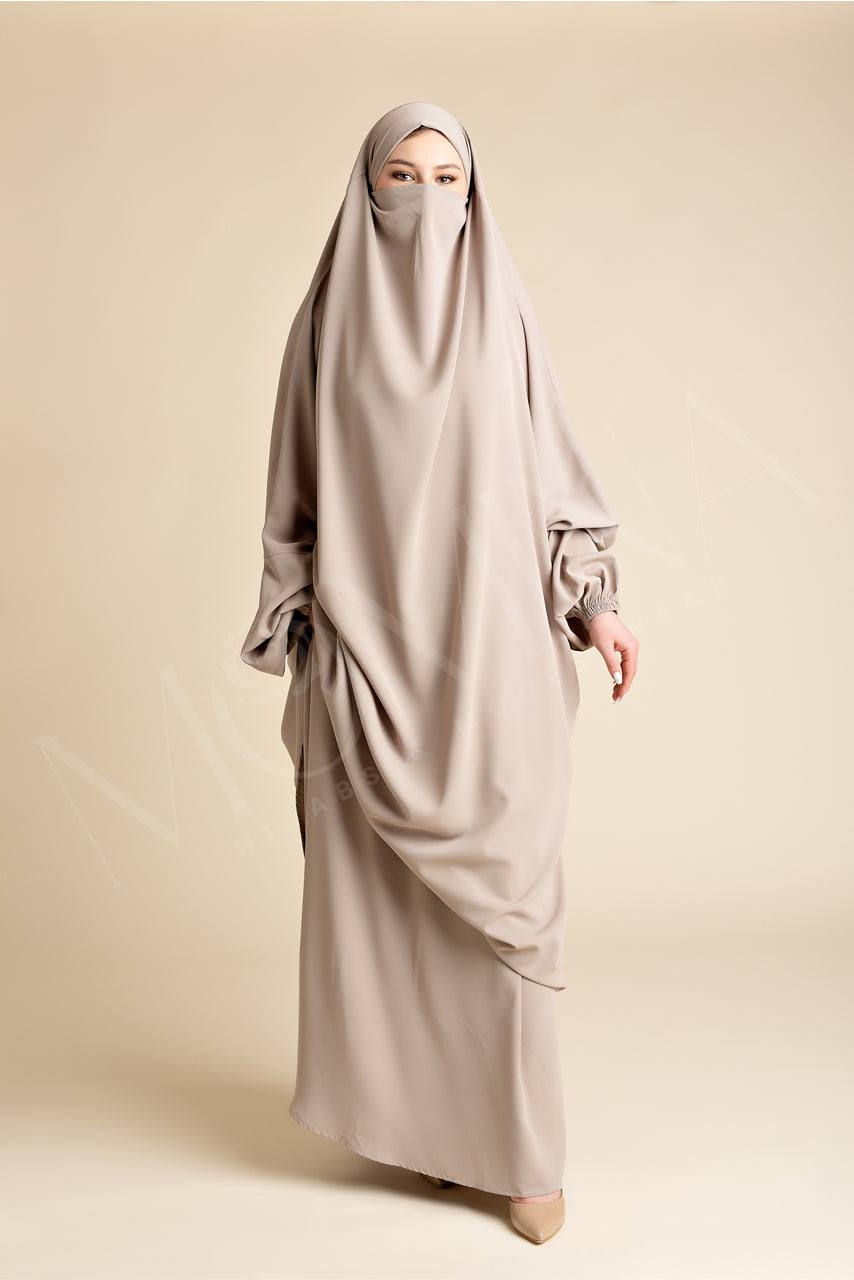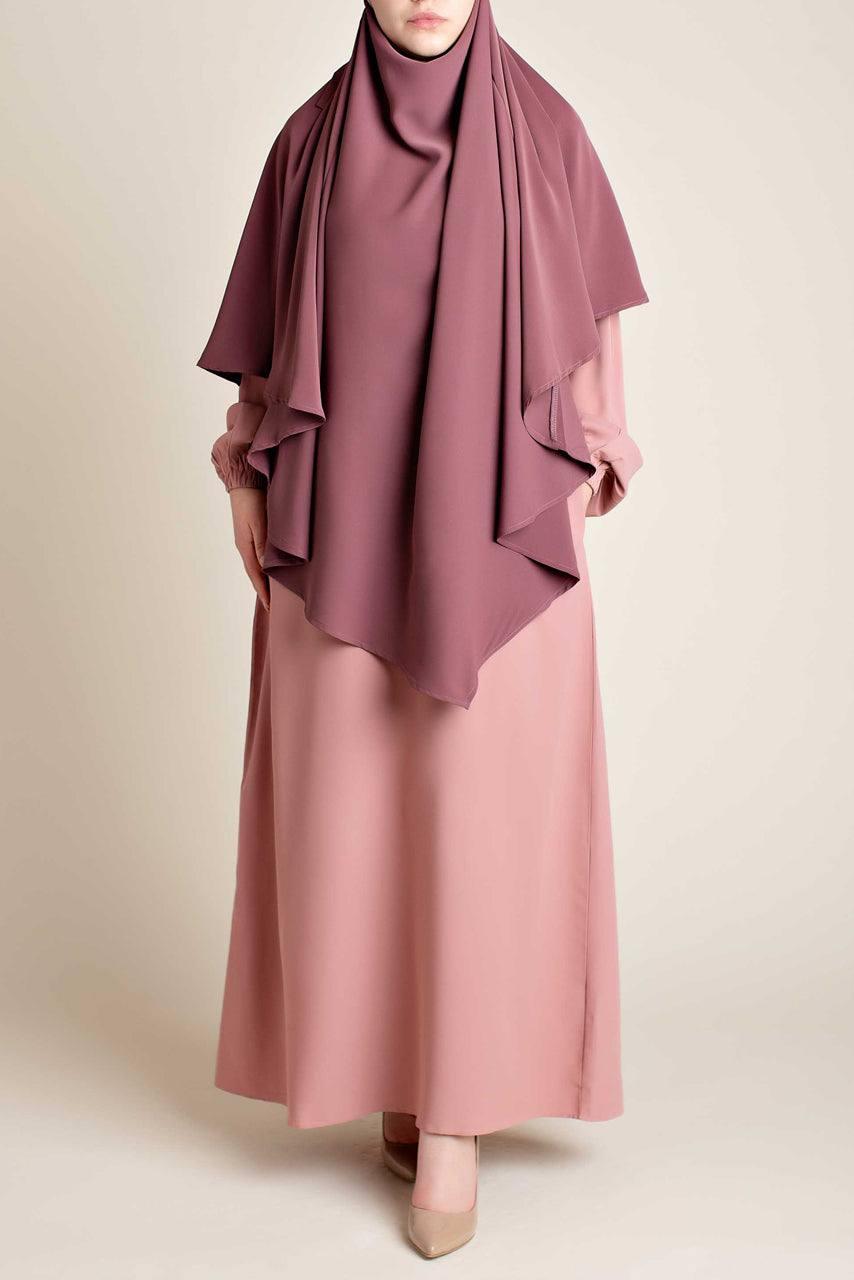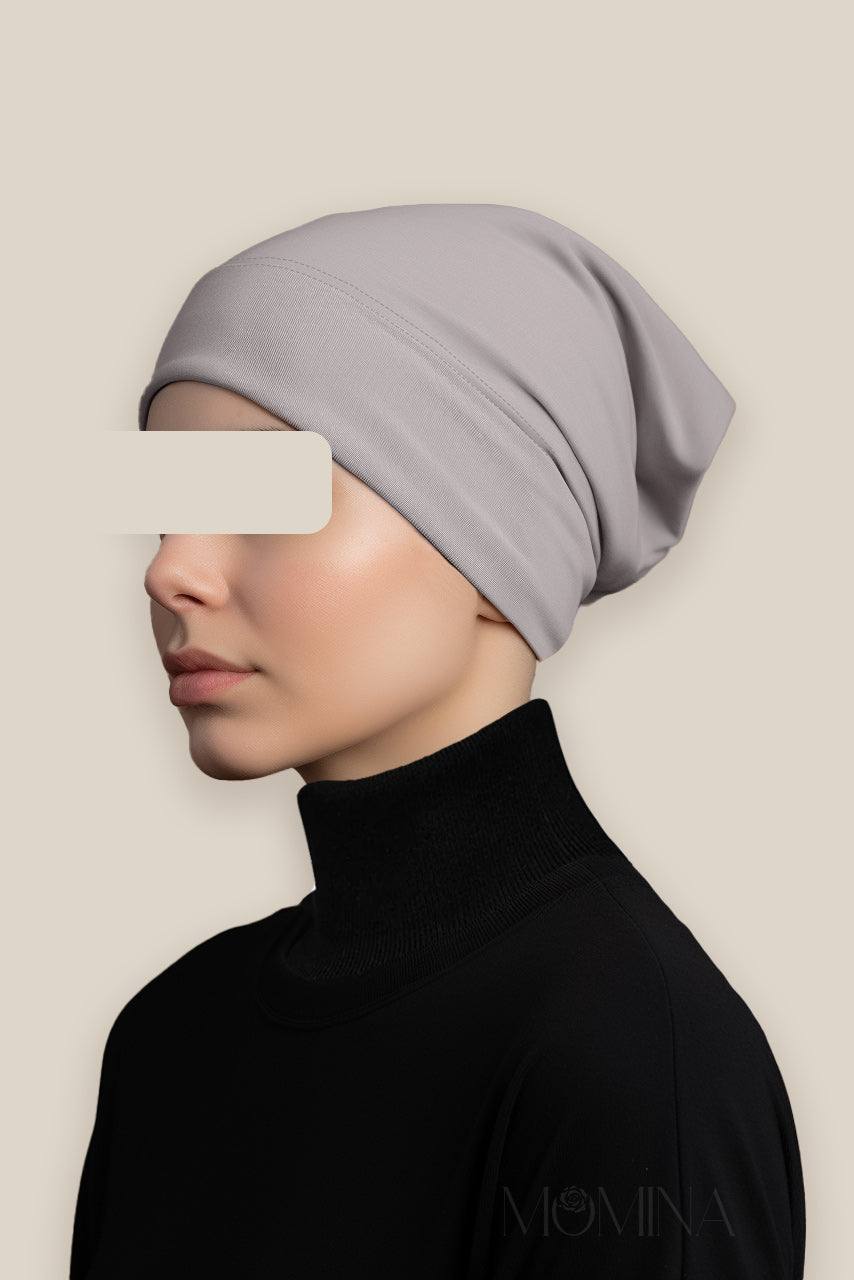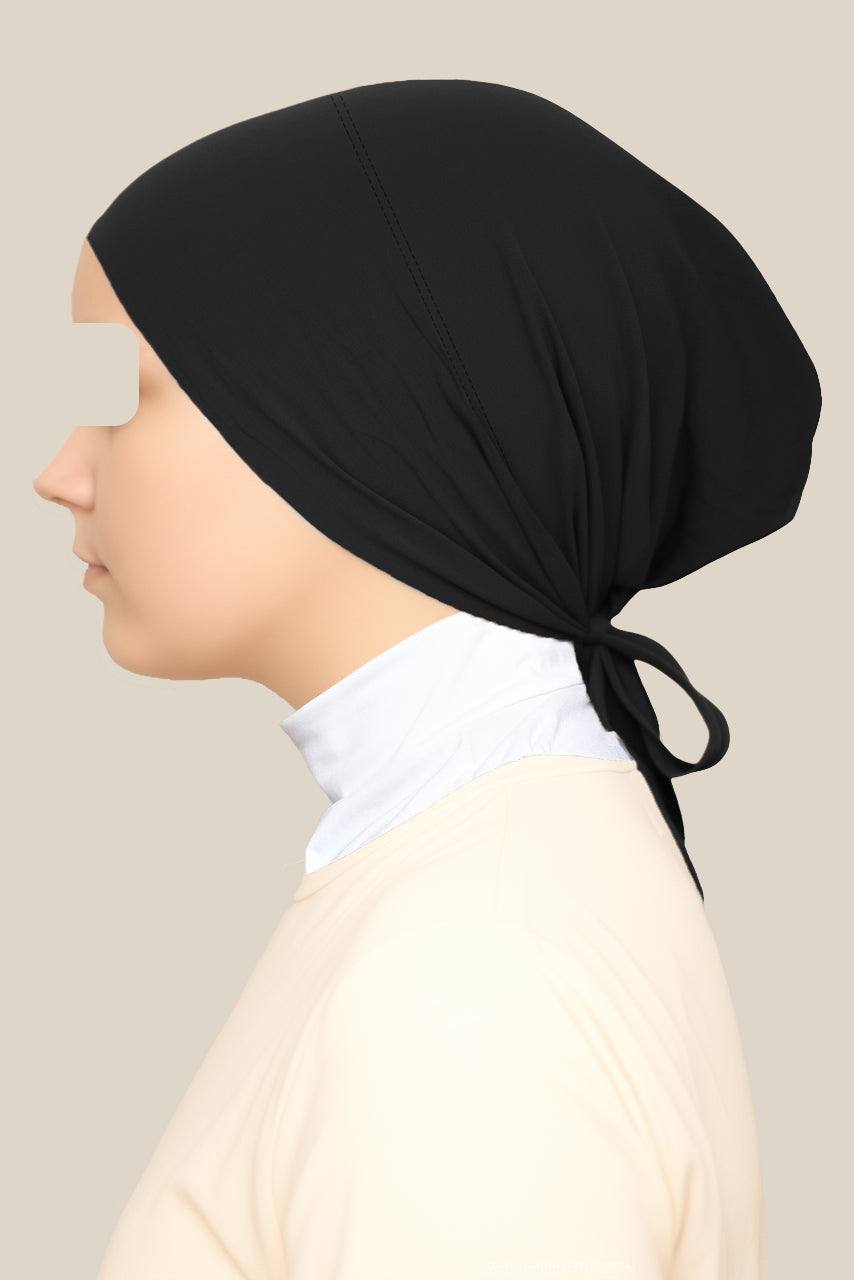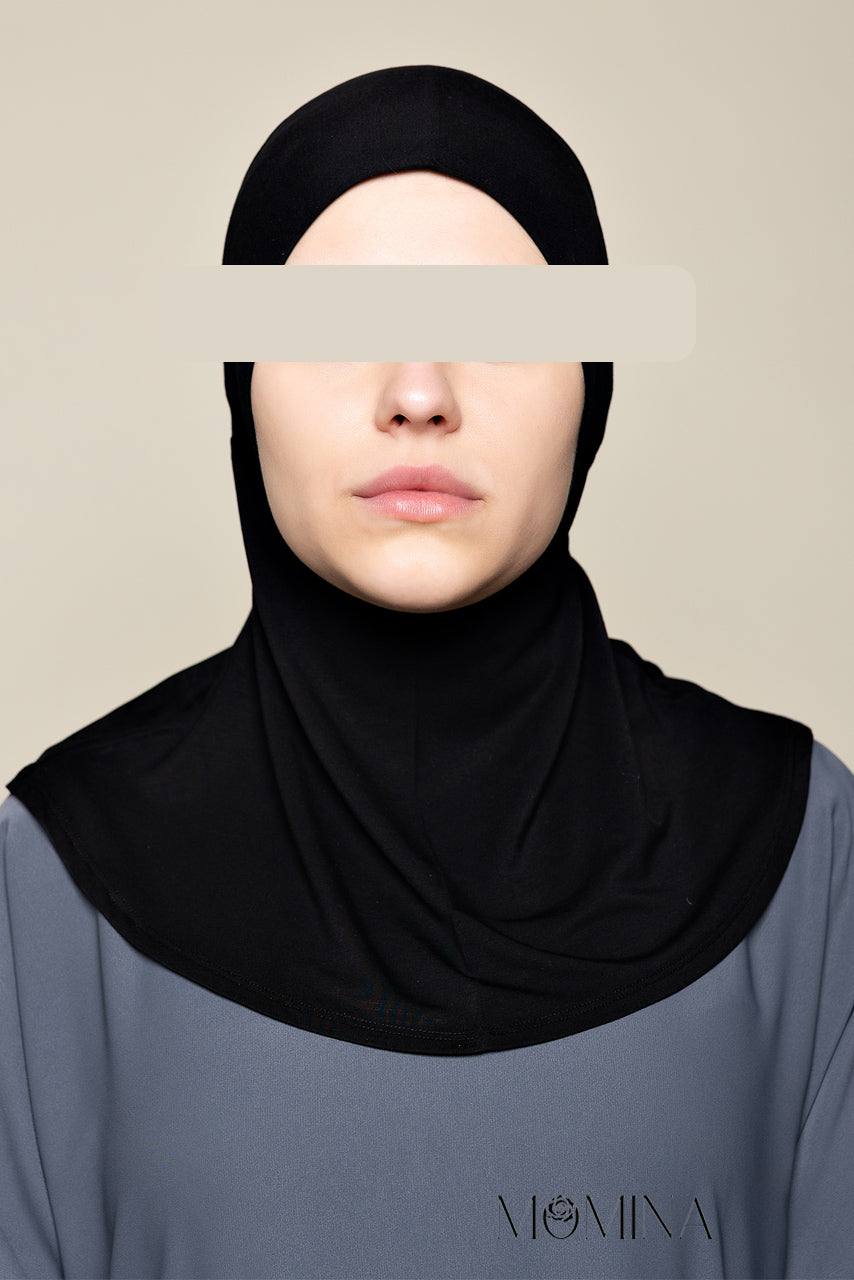Today we continue our series with the most beloved daughter of Prophet Muhammad (S.A.W.) and Khadijah (R.A.), Fatima Bint Muhammad, also known as Fatimah al-Zahra (R.A.). Fatimah (R.A.) receives great admiration and respect today because of her noble, pious, pure, and strong character. She was a bright reflection of her Father's morals, mentality, and profound faith in Allah (S.W.T.).
Fatimah (R.A.) was five years old when her Father was granted his Prophethood. Along with her mother, Khadijah (R.A.), and her siblings, Fatimah (R.A.) accepted Islam. However, unlike her siblings, Fatimah (R.A.) was only a child when she accepted Islam, allowing her to grow up in the presence of Islam. Soon after, she lost her mother and was left heartbroken at such a young age. However, despite being the youngest daughter, it is narrated that Fatimah (R.A.) took so much care of the Prophet (S.A.W.) after her mother's death that she was called Umm-Abeeha (The Mother of her Father). These were some of the most challenging times for Muhammad (S.A.W.), but Fatimah (R.A.) was there, caring, loving, supporting, and defending her Father as if she was his mother. Building on her character, she spent the most time with her mother and Father. She also spent much time alone with the Prophet (S.AW). By doing so, she was able to adapt their morals, characters, teachings, and speech so well that they resonated within her and led her to become an excellent role model for women and men. It is no surprise then that the Prophet said Fatimah (R.A.) is Sayyidatu Nisaa al-Jannah meaning that she is the leader and Queen of the women in Paradise. So what can we learn about modesty from Fatimah (R.A.)? This post will discuss three ways that Fatimah (R.A.) displays her modesty.
1. MODESTY THROUGH VEILING
One of the many Islamic teachings Fatimah (R.A.) drew particular attention to was maintaining an Islamic way of dressing to protect a woman's honor and beauty. Fatimah (R.A.) 's vision for all women of Islam was for them to have purity in their faith and character by upholding their virtue and dignity. Therefore, Fatimah (R.A.) teaches us the importance of hijab and modesty in many incidents.
There is a well-known hadith that tells us of the incident of a blind man who came to visit the Prophet (S.A.W.). As he approached, Fatimah (R.A.) hurried to veil herself and asked the blind man to stay behind a screen. When asked by the Prophet (S.A.W.) why she veiled herself from a blind man, she answered, "He could not see me, but I could see him, and he is a man, after all." The Prophet (S.A.W.) replied, "I witness that you are a part of me." This incident is a lesson for both women and men. How is that? First off, through this incident, we not only understand the importance that Fatimah (R.A.) put on observing the veil, but we also see how she makes the veiling independent of the person and not dependent on the behavior or actions of the other gender. In the case of the blind man, Fatimah (R.A.) observed her veil to display the best example of hijab and modesty regardless of the situation. It is not a battle or competition between genders; instead, we should better ourselves to please Allah (S.W.T.) and make it easier for our brothers and sisters to do the same.
Nowadays, in society, we often hear phrases that blame a woman's outfit for a man's wrong gaze or action towards her, which is wrong! Fatimah (R.A.) teaches us that observing modesty is the role of both genders. For men, regardless if women are covering themselves or not, they are instructed to lower their gaze and maintain their hijab and modesty before they go ahead and judge or blame the other gender. For women, we must observe our hijab and modesty in the best possible way, regardless of whether the other gender is watching them or not, because we maintain our hijab and modesty to please Allah (S.W.T.) and not the world around us.
Now, some might think that this is all too "backward." However, that is not the case. Islam does not confine women to just their homes; it does not prohibit us from pursuing politics, culture, education, work, etc. instead, these incidents and teachings emphasize the importance of embedding the best practices of hijab and modesty in our daily lives. For example, Fatimah (R.A.) was very social and active in her personal life, but she was always diligent and careful about maintaining her hijab.
2. MODESTY THROUGH STEADFASTNESS
Although the Prophet (S.A.W.) loved Fatimah (R.A.) greatly, he did not spoil her or make any emotional decisions to better her only in the Dunya. The Prophet (S.A.W.) rejected several proposals from wealthy men for Fatimah (R.A.) and chose Hazrat Ali (R.A.) as the best companion for her, even when he only possessed a shield which he sold to pay for the mahr at the time of their Nikah. Fatimah (R.A.) never complained that her Father didn't marry her off to a wealthy man, unlike her sisters. After her marriage to Hazrat Ali (R.A.), the couple led a simple life of poverty and hardship, especially for the first few years of their marriage. Ali (R.A.) worked as a drawer and carrier of water, while Fatimah (R.A.) worked as a grinder of corn. Both had very physically demanding jobs, but they continued to support one another throughout their hardships. Fatimah (R.A.) worked so hard that she used to get blisters on her hands from grinding corn and swollen shoulders from carrying water from the well. All while taking care of her house chores and, later, her four children.
There is a well-known incident where Fatimah (R.A.) showed Ali (R.A.) the blisters on her hands that she got from her work. At that point, she was so exhausted, and it had become so unbearable for her that Ali (R.A.) suggested she ask the Prophet (S.A.W.) for a service that could help her out. Fatimah (R.A.) struggled to get herself to ask her Father for this favor, but when she did ask, the Prophet (S.A.W.) told her that he could not fulfill this request but that he could give her something more beneficial than a servant. He then told her to recite Subhan Allah 33 times, Alhumdulillah 33 times, and Allahu Akbar 34 times after every prayer and before going to sleep. Upon hearing this, Fatimah (R.A.) did not respond angrily or get upset; instead, she was happy because she knew that what her Father suggested would benefit her. Though they faced many obstacles in their marriage, the couple was able to pull through because they followed the guidance of Allah (S.W.T.), the advice given to them by the Prophet (S.A.W.), and the faith in their hearts.
3. MODESTY THROUGH CHARITY
Fatimah (R.A.) was also well-known for her compassion and generosity for the poor and the Muslim community. Just like her mother, Fatimah (R.A.) never backed down from helping the poor. Several hadiths highlight the many times Fatimah (R.A.) gave away what little food she had to feed herself and her family to give to the poor and needy. Often, days would go by where Fatimah (R.A.) and Ali (R.A.) would have nothing to eat, yet if anyone came to their door asking for food or help, they would either give them food off of their plates or give away any valuable item they had that could be sold in exchange for food. They wouldn't let an outsider know that they have eaten; instead, they would tend to the needs of their guest and neighbors first. This was the humble and generous Fatimah (R.A.), following in the footsteps of her parents, turning away material pleasure, and striving to please Allah (S.W.T.) in every way.
CONCLUSION
Although Fatimah (R.A.) was the most beloved daughter of the Prophet (S.A.W.), she witnessed sorrow and life of anguish from the very beginning of her life. She lost her mother when she was just five, she saw her Father get mistreated by the non-believers, and she led a life of poverty and hardship throughout her marriage. Yet, regardless of all this, she was able to raise children whose strength in character and actions changed the course of history. Her children were also well-known for their piety, generosity, and righteousness. Children who were so courageous, brave, and strong that they became leaders and continue to be an inspiration to this day. Her two sons, Hassan and Hussain, later became Masters of the youths of Paradise and the leaders in the Battle of Karbala, and a daughter who became the Heroine of Karbala.
Al-Zahra (the splendid one), Al-Siddiqa (the truthful one), Al-Mubaraka (the blessed one), Al-Zakiyya (the chaste one), Al-Radhiayya (the grateful one), and Al-Mardhiyya (the one who shall be pleased on the judgment day) are some of the great names given to Fatimah (R.A.). She is the perfect example of modesty, character, and faith for all women. From gaining her knowledge and nobility from her Father to upholding modesty, generosity, patience, self-sacrifice, determination, and devotion to Allah (S.W.T.), she became the most outstanding example of a daughter, a wife, a wife, a mother, and a true believer.


